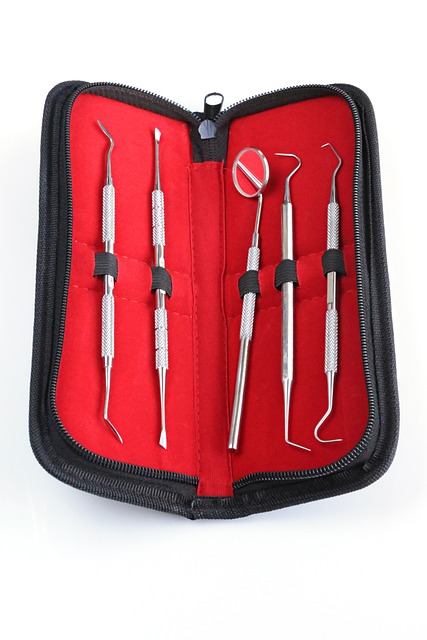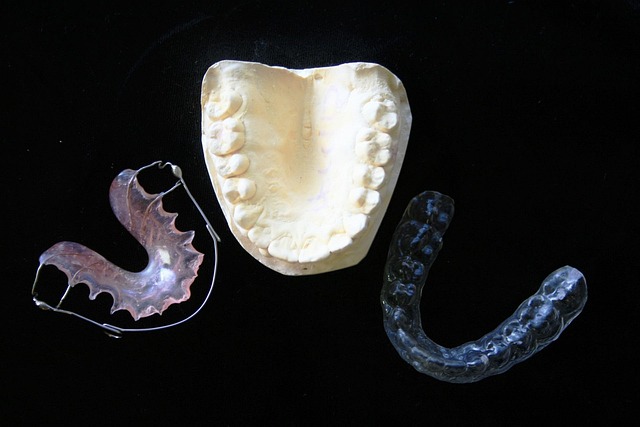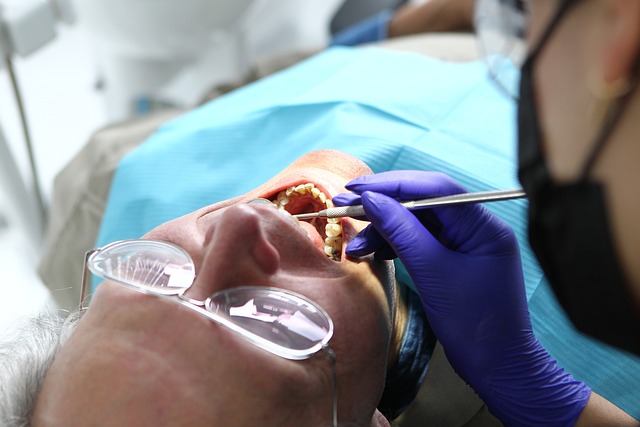Selecting a maxillofacial surgeon in Eugene, Oregon requires evaluating experience, certifications, and reputation. For tooth extractions, professionals use local anesthesia for comfort. This method numbs only the targeted area, reducing stress. Surgical interventions address damaged or impacted teeth, congenital defects, and injuries. Proper post-op care involves rest, ice, cleanliness, soft foods, and pain management. Regular check-ins ensure successful recovery from procedures like tooth extraction.
Looking for exceptional maxillofacial surgery in Eugene, Oregon? This guide navigates your journey towards optimal facial and oral health. We explore key aspects of selecting the right surgeon, delving into tooth extraction procedures, benefits of local anesthesia, indications for surgical intervention, and essential post-operative care tips. Whether considering routine extractions or complex surgeries, understanding these aspects ensures a comfortable, successful experience. Discover Eugene’s top maxillofacial surgery professionals and take control of your oral health journey.
- Selecting the Right Maxillofacial Surgeon in Eugene
- Understanding Tooth Extraction Procedures
- Local Anesthesia: A Comfortable Experience
- When Is Surgical Intervention Necessary?
- Post-Op Care: Recovery Tips for Patients
Selecting the Right Maxillofacial Surgeon in Eugene

Selecting the right maxillofacial surgeon in Eugene, Oregon, involves a thorough consideration of various factors. It’s crucial to choose a professional with extensive experience and specialized training in facial surgery, including tooth extraction procedures. Look for surgeons who possess certifications from reputable dental or medical organizations, as this ensures they meet high standards of education and expertise.
Reputation is also key; seek recommendations from friends, family, or local healthcare providers. Online reviews can provide insights into the surgeon’s bedside manner and surgical outcomes. Ensure the surgeon you choose is comfortable discussing your specific needs, addressing your concerns, and providing detailed explanations about the procedure, including potential risks and recovery timelines.
Understanding Tooth Extraction Procedures

Tooth extraction procedures are a common and essential aspect of oral care, performed by maxillofacial surgery professionals in Eugene Oregon to address various dental issues. The process involves the careful removal of teeth that are severely damaged or impacted, ensuring optimal mouth health. Understanding this procedure is crucial for patients facing tooth loss or needing complex dental work.
During a tooth extraction, a dentist or oral surgeon will first administer local anesthesia to numb the area around the tooth. This is done to ensure patient comfort throughout the process. The dentist then makes an incision in the gum tissue to access the tooth and carefully removes it, ensuring proper care is taken to prevent damage to surrounding bones, tissues, and teeth. After extraction, patients are provided with post-operative instructions to promote healing and manage any potential discomfort.
Local Anesthesia: A Comfortable Experience

When considering maxillofacial surgery in Eugene, Oregon, one of the many benefits offered by local professionals is the use of local anesthesia for procedures like tooth extractions. This method ensures a comfortable experience for patients, eliminating the discomfort and fear often associated with dental surgeries. Local anesthesia numbs only the specific area requiring treatment, allowing individuals to remain alert and relaxed throughout the procedure.
For tooth extraction, this means patients can say goodbye to the traditional experience of feeling every twist and turn during the removal process. Instead, they’ll feel only a mild tingling or numbness, making the whole experience less daunting. This approach is particularly beneficial for those who experience dental anxiety, enabling them to access necessary care without undue stress.
When Is Surgical Intervention Necessary?

When considering maxillofacial surgery, understanding when surgical intervention is necessary is crucial. Professionals in Eugene, Oregon, assess various oral and facial conditions to determine the best course of action. Tooth extraction, for instance, may be recommended when teeth are severely damaged or impacted, causing pain, infection, or disrupting the alignment of neighboring teeth.
In cases of congenital defects, traumatic injuries, or bone fractures affecting the face, surgical procedures can restore structure, improve functionality, and enhance overall appearance. Early detection and consultation with a maxillofacial surgeon are vital to determine if non-surgical treatments or observation are sufficient or if surgery is the most effective solution for long-term health and aesthetic outcomes.
Post-Op Care: Recovery Tips for Patients

After a maxillofacial surgery procedure, such as a tooth extraction, proper post-operative care is essential for a smooth recovery. Patients in Eugene, Oregon, should take it easy during the initial 24 hours, resting and avoiding strenuous activities. Ice packs can be applied to reduce swelling, especially around the extracted area.
It’s crucial to keep the extraction site clean and dry. Patients should gently brush their teeth, avoiding the extracted area for the first 24 hours. Soft foods and cool beverages are recommended during this time. Following the surgeon’s instructions regarding pain management and medication is vital. Most patients experience some discomfort, which can be managed with over-the-counter pain relievers. Regular check-ins with the maxillofacial surgery professionals will ensure any complications are addressed promptly.






